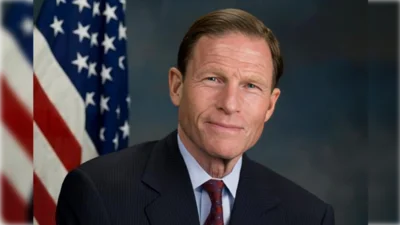Sen. Chuck Grassley, chairman of the Finance Committee, today released a report he requested from the Government Accountability Office (GAO) documenting states’ use of their Temporary Assistance for Needy Families (TANF) block grant.
Grassley said the report validates the need for the welfare reform provisions enacted through the Deficit Reduction Act. A key purpose of those provisions is to ensure broader engagement of current welfare recipients in work and other productive activities. The GAO report highlights the need for this reform by documenting the increase in state spending on services that are not directly linked to assisting welfare recipients with obtaining the skills they need to get and maintain a goodpaying job. In every state studied, employment services and training represented the smallest percentage of non-cash assistance spent by the states.
The 1996 welfare law specified that states should have 50 percent of eligible adults receiving assistance engaged in a certain number of hours of work or other work activities by 2002, mitigated by a credit for caseload reduction. Most states do not meet the 50 percent participation rate.
Additionally, states report that the majority of adults receiving assistance are not engaged in any education, training or job preparation activities at all. Grassley made the following statement on the GAO report. The report, “Welfare Reform/Better Information Needed to Understand Trends in States’ Uses of the TANF Block Grant," GAO-06-414, will be available at www.gao.gov.
“Families in the welfare program need employment services and training to get and maintain good- paying jobs. I’ve been very concerned that states report that nearly 60 percent of adults in the welfare program are engaged in zero hours of work or work-related training. I hope the reforms in the Deficit Reduction Act will result in an increased emphasis by states on education and training so individuals on welfare can make the successful transition to meaningful and gainful employment."
Source: Ranking Member’s News









